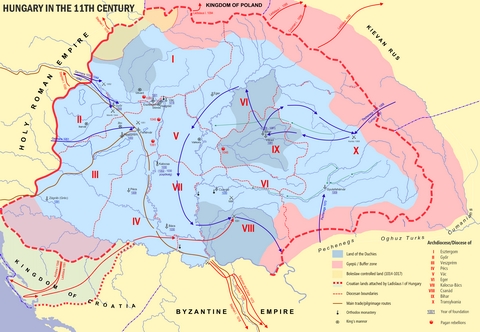New power creativity M.I. Tsvetaeva emigrates, and has been abroad for a long time.
The work “Homesickness” is imbued with the sadness, nostalgia that M. Rodina felt in the poem appears as a living, animated person, meaning a lot in the life of the poetess.
The history of writing a poem
The poem by Marina Tsvetaeva “Longing for the Motherland” was written in 1934, when the poetess had been abroad for a long time, lived in the Czech Republic, in Prague. She really liked this country, unlike Germany.
I’ve got used to traveling Tsvetaeva since childhood. Father went on business trips, and mother went on to improve her health.
Genre, size, composition
The lyric poem "Homesickness" is written in a four-foot iamba. The torn rhythm of the work and inaccurate rhyme make the poetic text melodic, melodious, allow you to more deeply reveal the sincere emotions and feelings of the author, create a special mood.
The work "Homesickness" is written in a linear composition. In it, the poetess shares her thoughts, reflects. At first she says that she is indifferent to everything and doesn’t touch anything else, that she doesn’t care "where to be completely alone." But then Tsvetaeva changes her mind and makes it clear to the reader that longing for Russia still lives in her soul, she is also worried about the fate of the country. The verse ends with lines interrupted by a half thought:
But if there is a bush along the way
It rises, especially mountain ash ...
In these last lines, the poetess hints, makes it clear that she is not indifferent, that her native Russian mountain ash tree reminds her of her homeland, which Marina Ivanovna misses and misses. In such a peculiar construction of the work are the compositional and innovative features of the author.
Topics, problems, poem symbols
The central theme of “Homesickness” is love for one’s homeland, nostalgia for it. Despite the fact that Tsvetaeva says that she does not care, she misses the Russian nature, Russian language, her native country. This mixed feeling of love and homesickness is the leitmotif of the verse.
One of the important themes in the work is the theme of loneliness. In a foreign country, a foreigner is an outcast whom people cannot and do not want to understand.
The poem also raises the problems of emigration and freedom. The appearance of images of a captive lion, a Kamchatka bear indicates that Tsvetaeva does not feel spiritual freedom, she is a captive of a foreign country.
Artistic and expressive means
In her work “Homesickness”, M. Tsvetaeva used a wide range of different expressive means for a deeper transfer of her own experiences.
Of greatest importance in a poetic text are epithets. For example, “exposed trouble”, “bazaar purse”, “captive lion”, “vigilant detective”.
In addition to epithets, the most frequently encountered comparisons in the text. For example, "like a hospital or barracks" or "dumbfounded like a log."
Creating tension and a special mood, the poetess uses the anaphora technique in rhythm:
Tsvetaeva also uses an elegant play of consonant words.
The poem is dramatic and tragic with symbols, especially the Russian mountain ash tree, at the sight of which the author recalls Russia












